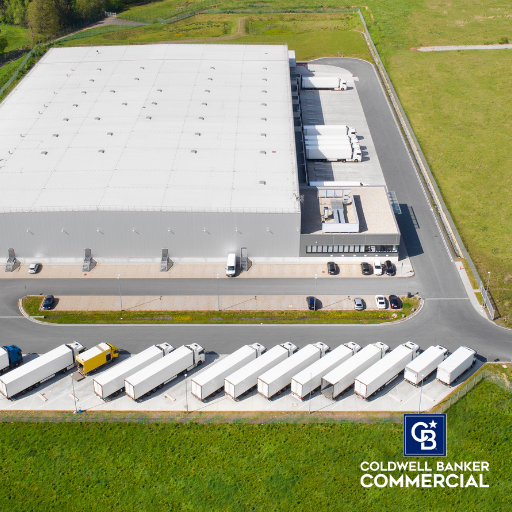Commercial Real Estate Tips in Rural Markets Featuring Ben Bates

Rural landscapes are changing, and those changes are impacting commercial real estate. Living in a rural community has its own set of unique issues, obstacles and benefits when it comes to commercial real estate. The secret is diversification, according to Ben Bates, broker/owner of Coldwell Banker Ben Bates.
Bates’ market is Palatka, Florida, in Putnam county, about an hour southwest from Jacksonville. This north-central Florida county of approximately 74,000 people, is an agricultural market with a small-town feel and locally owned, boutique retailers. Although Super Walmart came to his county in the 1990s, for the most part the population cannot handle the large box retailers. Online shopping is a real asset to the rural shopper, because choices expand significantly. Consequently, the rural market, just like urban markets, must adapt to all kinds of change.
“To keep rural commercial market vibrant, real estate brokers and practitioners need to be involved in local economic activity,” Bates said.
Over the years, through conscious effort, Bates has positioned himself as the commercial expert in his marketplace. While it is important that people know that he is the expert, it is equally important for Bates to know the local players to be an integral part of the community. Bates has made a conscious effort to hold positions of leadership in the community. For instance, he has held the role of chairman for the Chamber of Commerce’s Economic Development for 20 years.
Commercial growth is a long-term investment, so practitioners must be patient and diligent. Commercial producers must be involved in data collection and research. They must be a trusted advisor since much of the information during the discovery stage is confidential.
“Commercial brokers must be prepared to give tours for recruiting for corporations regardless of industry,” Bates states.
Working in a bucolic market, means brokers must be able to do it all because there is not enough business to specialize in a sector.
“Be the resource for all things commercial in your area,” Bates said.
For owners, keeping the property well managed, maintained, and secure is as important as the occupancy rate. In rural markets, commercial brokers have an ownership mentality, and take on many roles. By handling commercial property management, in addition to leasing and sales, brokers maintain a close connection to the local industry movers and shakers. As a commercial property manager, practitioners will also identify trends first-hand and have a pulse on the market.
“The bread and butter of your business is going to come from local business owners,” says Bates.
Bates suggests that folks entering the rural commercial arena find a mentor, understanding that the mentor may not be in the community where you work. Commercial brokers need to know the owners of local commercial and industrial properties as well as the properties themselves.
Living and working in pastoral settings may offer a certain quality of life, but the savvy broker remains aware of what is going on in the world, watching for upticks and down turns, preparing for market corrections. The broker must do right by the client and be forward thinking even in a small market. Prepare and plan financially. If the market tightens, the customer needs to be able to survive, so plan for the down cycle when the market is strong.
A Trusted Guide in Commercial Real Estate
Coldwell Banker Commercial® provides Commercial Real Estate Services from Property Sales and Leases, to Property Management. Learn how our expansive network of Independently Owned and Operated Affiliates and Real Estate Professionals use their in-depth knowledge of the local market and industry trends to help businesses and investors navigate the complexities of the commercial real estate landscape.






